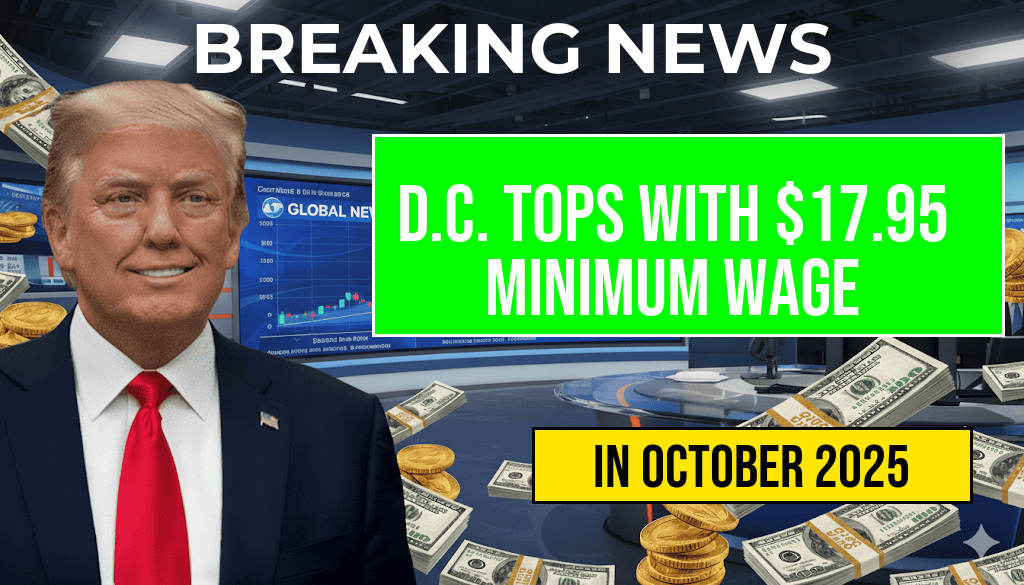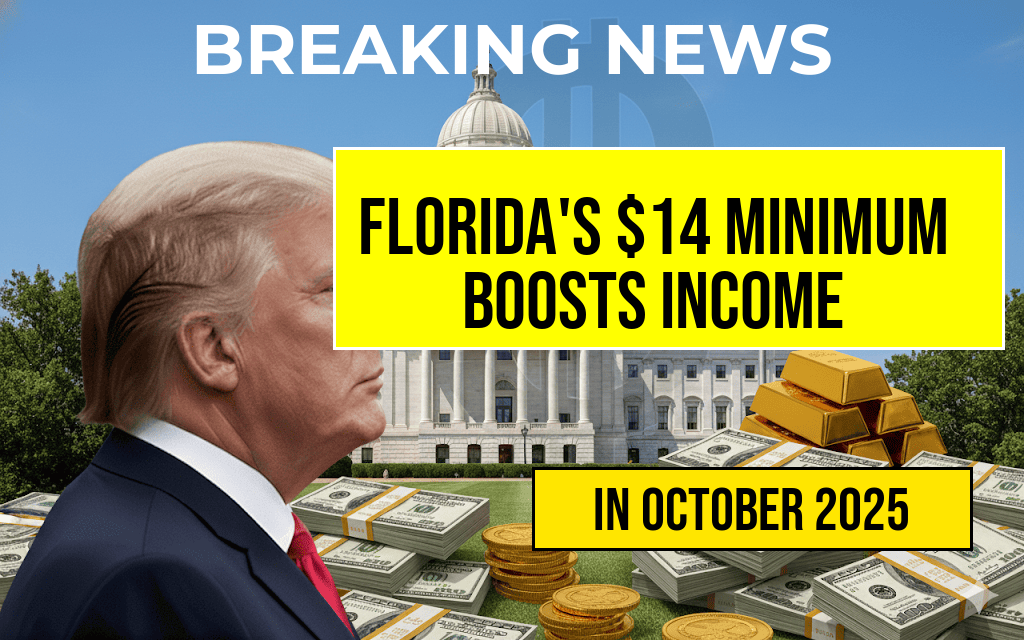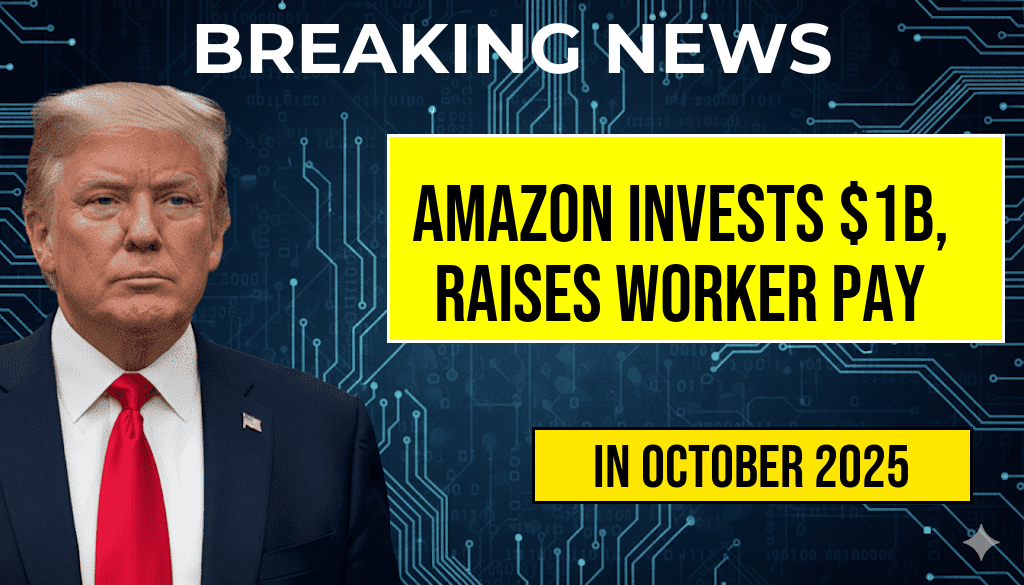Washington D.C. continues to set the national standard for minimum wage levels, maintaining its position as the U.S. city with the highest mandated hourly pay at $17.95 per hour. This figure reflects recent legislative adjustments aimed at addressing the rising cost of living and economic disparities within the capital. Local officials and labor advocates emphasize that the wage increase seeks to provide a more equitable standard for low-income workers, particularly in sectors like hospitality, retail, and public service. The city’s proactive approach contrasts with broader national trends, where many states are still grappling with stagnant or gradually increasing minimum wages. Experts note that Washington D.C.’s policy underscores a growing acknowledgment of the importance of fair wages amid inflationary pressures and economic recovery efforts post-pandemic. As other jurisdictions consider similar measures, D.C.’s ongoing leadership in wage policies continues to influence broader discussions around economic justice and urban living standards.
Background on D.C.’s Minimum Wage Policy
The District of Columbia has long positioned itself at the forefront of progressive labor policies. Its minimum wage has experienced multiple adjustments over the past decade, driven by legislation aimed at aligning wages with the city’s economic growth and living costs. The current rate, $17.95 per hour, was implemented following the city council’s approval of the Fair Wages Act in 2022, which mandated annual increases tied to inflation and economic indicators.
Factors Behind Washington D.C.’s Leading Wage Level
Cost of Living and Economic Growth
- The District’s cost of living remains among the highest in the country, driven by housing prices, transportation costs, and high demand for urban amenities.
- Economic growth in the city, bolstered by government contracts, a burgeoning tech scene, and a vibrant service industry, has enabled policymakers to justify higher wages.
Legislative Initiatives and Political Will
- City officials have prioritized wage increases as part of broader efforts to reduce income inequality and support low-income workers.
- Legislation such as the Fair Wages Act ensures that minimum wage adjustments are automatic and responsive to economic shifts.
Comparison with Other Major U.S. Cities
| City | Minimum Wage | Additional Notes |
|---|---|---|
| Washington D.C. | $17.95 | Highest statewide or citywide minimum wage |
| Seattle, WA | $16.50 | Varies by employer size and industry |
| San Francisco, CA | $16.99 | High living costs influence wage policies |
| New York City, NY | $16.50 | Phased increases over several years |
Impacts on Employers and Workers
Business Adjustments and Challenges
Businesses operating within the city, especially small and medium-sized enterprises, face increased labor costs due to the wage hike. Some have responded by raising prices, investing in automation, or reevaluating staffing models. Despite these adjustments, many employers acknowledge that higher wages contribute to improved employee retention and productivity. Local chambers of commerce have expressed concern over the potential for wage inflation to impact competitiveness but also recognize the importance of fair wages in attracting skilled workers.
Worker Benefits and Economic Security
- Workers earning the minimum wage in D.C. now have greater purchasing power, which can positively influence local economies.
- Research indicates that higher wages can reduce employee turnover and improve overall job satisfaction, especially in sectors with traditionally low pay.
Broader Economic and Policy Considerations
Washington D.C.’s approach to minimum wage policy exemplifies a broader trend toward urban centers implementing living wage standards. Advocates argue that such policies are critical for reducing poverty and fostering economic resilience. However, critics warn of potential drawbacks, including increased costs for consumers and small businesses. Policymakers remain engaged in balancing these competing interests while seeking sustainable economic growth.
Sources and Further Reading
- Wikipedia: Minimum wage in the United States
- Forbes: Why D.C. Has the Highest Minimum Wage in the U.S.
- District of Columbia Government: Minimum Wage Information
Frequently Asked Questions
What is the current minimum wage in Washington D.C.?
The minimum wage in Washington D.C. is now set at $17.95 per hour.
How does Washington D.C.’s minimum wage compare to other states?
Washington D.C. maintains the highest minimum wage in the United States, surpassing other states and localities with its rate of $17.95 per hour.
When did Washington D.C. implement the current minimum wage?
The current minimum wage was established through recent legislation and has been in effect since the latest update in 2023.
Are there plans to increase the minimum wage further in Washington D.C.?
There are ongoing discussions and legislative proposals aimed at raising the minimum wage even further to support workers and address living costs.
Who is affected by the minimum wage laws in Washington D.C.?
The minimum wage laws in Washington D.C. apply to most hourly workers across various industries, ensuring fair pay for employees within the city.




